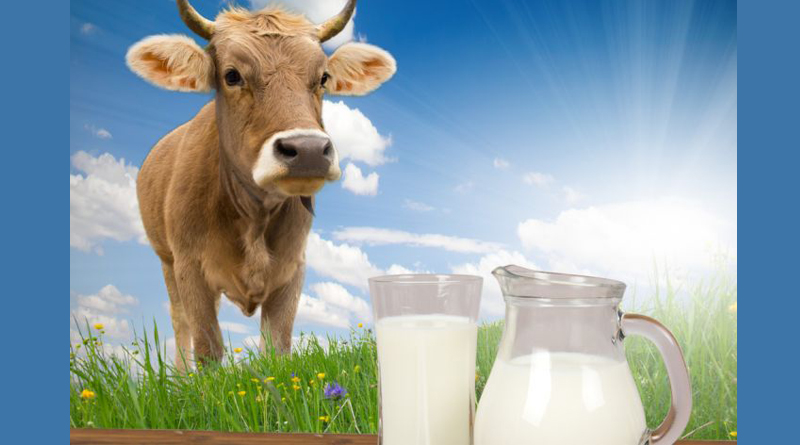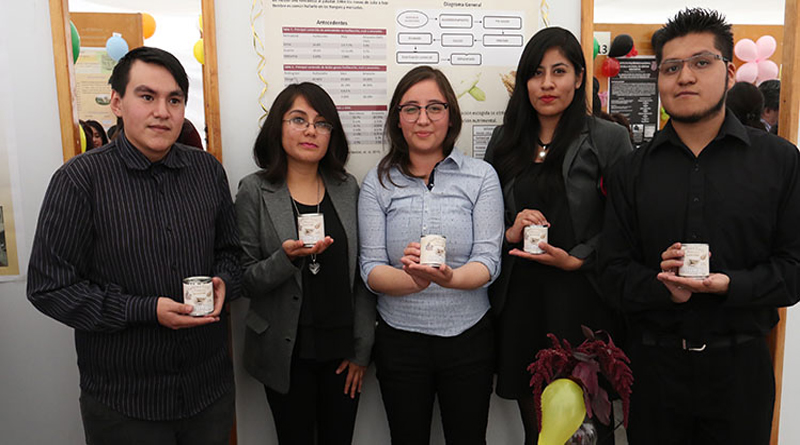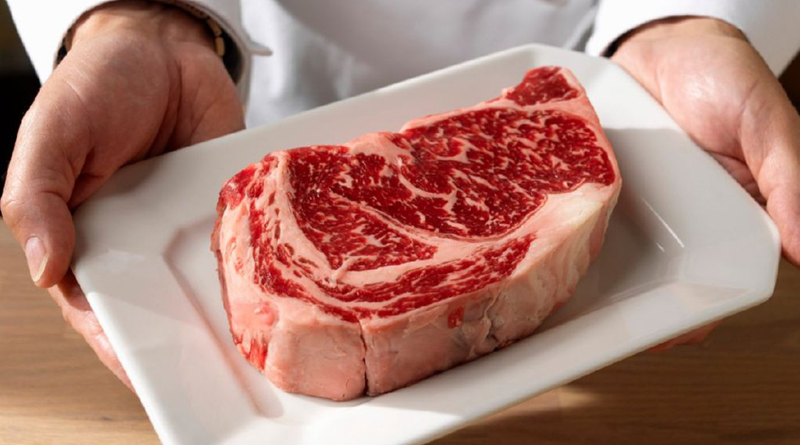A study published in the British Journal of Nutrition suggests that the iodine concentration in milk-alternative drinks is under 2% of that found in conventional cows’ milk. This is noteworthy since iodine deficiency is present in certain groups of the U.K. population (especially pregnant women) and milk is the principal dietary iodine source. In addition, U.K. sales of milk-alternative drinks are increasing but data are lacking on their iodine content.
Using inductively coupled plasma-MS, the researchers determined the iodine concentration of seven types of milk-alternative drinks (soya, almond, coconut, oat, rice, hazelnut, and hemp) by analyzing 47 products purchased in November and December 2015. For comparison, winter samples of conventional and organic cows’ milk were included.
The researchers found that conventional cows’ milk contained 438 μg/kg iodine, whereas the unfortified milk-alternative drinks contained 7.3 μg/kg—just 1.7% of the value for conventional cows’ milk. One brand fortified its soya, oat, and rice drinks with iodine and those drinks had a higher iodine concentration than unfortified drinks, at 280 μg/kg, 287 μg/kg, and 266 μg/kg, respectively. The iodine concentration of organic milk (324 μg/kg) was lower than that of conventional milk.
The authors concluded that although many milk-alternative drinks are fortified with calcium, at the time of this study, just three of 47 drinks were fortified with iodine. “Individuals who consume milk-alternative drinks that are not fortified with iodine in place of cows’ milk may be at risk of iodine deficiency unless they consume alternative dietary iodine sources,” wrote the researchers
Source: Food Ingredients First










